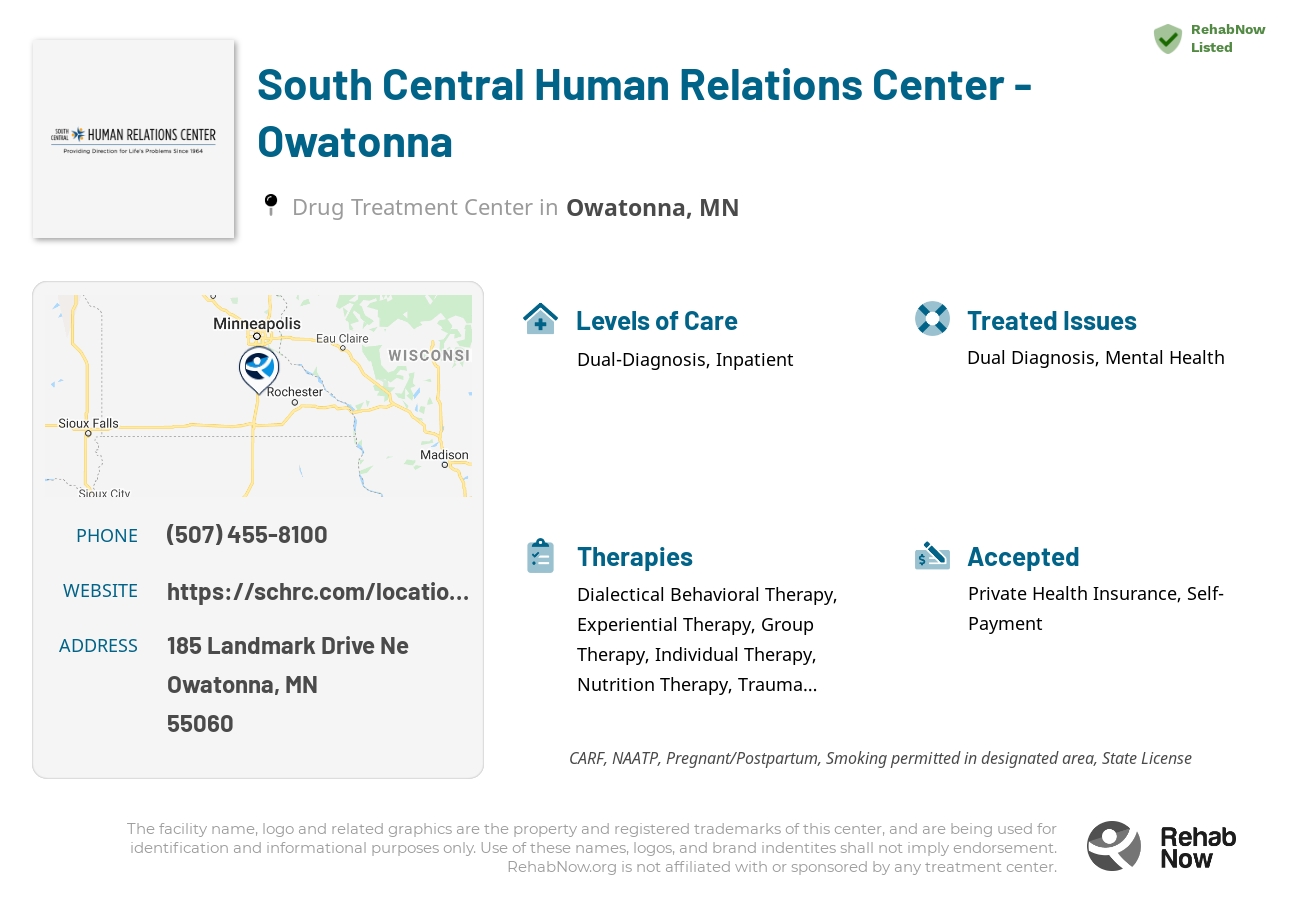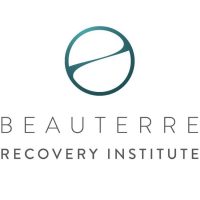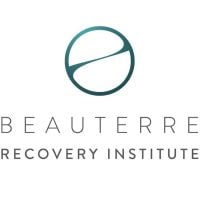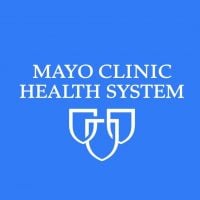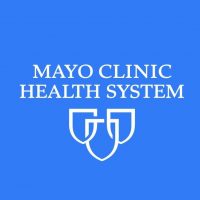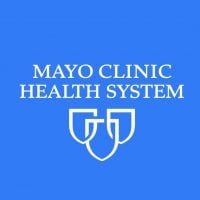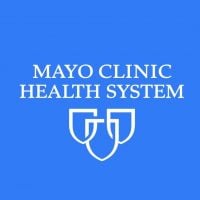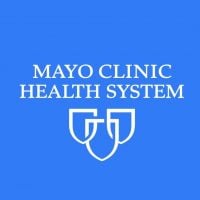South Central Human Relations Center - Owatonna
Drug Rehab Center in Owatonna, Minnesota
South Central Human Relations Center in Owatonna, Minnesota is a nonprofit organization that offers various programs, including mental health and addiction services, residential services, and employment training, with a staff of licensed professionals, and is accredited by CARF, with certifications by MDHHS.
About South Central Human Relations Center - Owatonna in Minnesota
South Central Human Relations Center - Owatonna is an Addiction Treatment Facility located in Owatonna, Minnesota. Founded in 1964, this center specializes in helping individuals suffering from Dual Diagnosis and Mental Health disorders. The facility offers various levels of care, including Inpatient treatment options. South Central Human Relations Center - Owatonna accepts Private Health Insurance and is affiliated with the broader South Central Human Relations Center organization.
The center provides a range of services designed to assist individuals struggling with addiction and substance abuse. They offer dual-diagnosis treatment to address co-occurring mental health issues alongside addiction. Through their inpatient programs, they create a safe and supportive environment for individuals seeking recovery. The treatment methods utilized are evidence-based, tailored to meet the unique needs of each individual, and may include counseling, therapy sessions, and psychiatric care. South Central Human Relations Center - Owatonna takes a comprehensive approach in supporting their clients on their journey towards healing and long-term recovery.
Genders
Ages
Modality
Additional
Conditions and Issues Treated
Recovery is not simply about stopping drug use. Recovery is working with addiction while recovering mental health issues that are fueling the addiction in the first place.
Levels of Care Offered
This center offers a variety of custom treatment tailored to individual recovery. Currently available are Dual-Diagnosis, Inpatient, with additional therapies available as listed below.
Individuals who are suffering from severe addiction or have a high risk for dangerous health concerns are often recommended to receive inpatient treatment.
Choosing to enter an inpatient treatment program is beneficial for people who are suffering from severe addiction, or who have a high risk for dangerous health concerns.
Inpatient treatment is beneficial for:
- People who have a history of severe withdrawal.
- People who have attempted to overcome addiction on their own without success.
- People who have a history of relapse, or have recently relapsed.
- People at risk for drug overdose or withdrawal-related complications.
- People with medical conditions that are worsened by drug or alcohol use.
Therapies & Programs
Individual therapy involves one-on-one sessions between the patient and therapist. It provides patients with a safe environment to openly discuss personal and sensitive issues with the therapist. They find the therapist as someone they can trust. Individual therapy aims to identify the core issues that would have led the patient to substance abuse and address them effectively. The therapist can develop patient-specific customized solutions through individual therapy, which aids speedier recovery.
Groups typically involve meetings with other recovering addicts who can relate to one another’s experiences. They might meet in person or online and typically focus on the process of staying sober rather than overcoming a specific addiction.
In these groups managed by South Central Human Relations Center - Owatonna, addicts can build a sense of community and develop strong emotional connections with others who understand what they are going through. These beneficial relationships can help addicts overcome their cravings and prevent relapse at any point during the recovery process.
In general, trauma therapy is a clinical process that helps individuals deal with mental stress often caused by traumatic events. The therapist helps the person identify, understand, and work through the problem. This is done with the help of talking about it in group or one-on-one counseling sessions. Therapists use relaxation, role-playing, art, and music to help the person open up about what is bothering them.
There are many different types of trauma therapists, such as psychiatric nurses and counselors. Not everyone is a good candidate for this type of therapy; it is generally reserved for people who have recently experienced a traumatic event and struggle to get over it. It is often done for children, teenage victims of sexual assault, and war veterans.
Dialectical Behavior Therapy (DBT) is a type of therapy created in the late 1980s and early 1990s to help people with high rates of suicidal behavior. DBT helps people learn how to live a life that is no longer controlled by overwhelming emotions and urges. It is beneficial in treating drug addiction because it helps patients understand and cope with their cravings for drugs or alcohol rather than turning to those substances as a way of coping.
There is hope for people who are addicted to drugs and alcohol. Cognitive Behavioral Therapy (CBT) is the solution. CBT focuses on the underlying thoughts and behaviors that caused the addiction problem in the first place and may cause a relapse. This type of psychotherapy addresses negative feelings common in substance abuse disorders. It helps to change them by restructuring thought patterns. It’s about removing negative thoughts and providing long-term benefits while promoting self-awareness, self-control, and healthy ways to respond to negative thoughts. These sessions can be done by themselves or as part of combination therapy.
The goal of medical nutrition therapy for drug and alcohol addiction is to help patients avoid “trigger” foods. For example, someone who craves alcohol may be addicted to sugar. Making sure this person eats a balanced diet with recommended amounts of protein, vegetables, and fruit can help manage urges to drink.
Nicotine replacement therapy treats nicotine addiction using external sources of nicotine, such as patches or gum to substitute for nicotine. This allows people trying to quit smoking to get their desired dose of nicotine without actually having to smoke cigarettes. The idea behind NRT is that by providing smokers with nicotine in forms that are not cigarettes, they may be more likely to quit smoking.
NRT has been available for many years now, and there is a wealth of evidence that shows that it helps people trying to quit smoking. There are several different types of NRT devices on the market now. Patients interested in quitting smoking should talk to their doctors about the best kind of NRT for them.
Patient Experience
Experiential Therapy at South Central Human Relations Center - Owatonna
Experiential Therapy teaches people how to think differently about their lives and change their emotions by changing their behavior. This type of treatment is accomplished with various activities that may involve acting, props, arts and crafts, animal care, or other tools that may be effective.
This therapy aims for patients to release suppressed thoughts that cause bad feelings and drug addiction. Role-playing, arts and crafts, music, animal care, rock climbing, etc., are some of the activities used in this therapy. Gradually an individual will feel calmer and more loving which will change their perception positively. In addition to treating drug addiction, experiential therapy is beneficial for different behavioral and eating disorders.
Payment Options Accepted
For specific insurance or payment methods please contact us.
Is your insurance accepted?
Ask an expert, call (888) 674-0062
South Central Human Relations Center Associated Centers
Discover treatment facilities under the same provider.
- South Central Human Relations Center - Kasson in Kasson, MN
- South Central Human Relations Center - Waseca in Waseca, MN
Learn More About South Central Human Relations Center Centers
Additional Details
Specifics, location, and helpful extra information.
Owatonna, Minnesota 55060 Phone Number(507) 455-8100 Meta DetailsUpdated November 25, 2023
Staff Verified
South Central Human Relations Center - Owatonna Patient Reviews
There are no reviews yet. Be the first one to write one.
Owatonna, Minnesota Addiction Information
Minnesota is fighting an opioid epidemic that is leaving hundreds of its residents dead each year. Both prescription opioids and illicit opioids are widely abused in the Land of 10,000 Lakes. Heroin continues to be one of the most commonly abused drugs in the state, if not the most common illicit drug. Over 10% of all treatment admissions in Minnesota list heroin as their drug of choice.
Drug overdose deaths in Owatonna, Minnesota have increased by 137% since 2000. Addiction to opioids and prescription painkillers is a primary concern. Marijuana is less troublesome than opioids. About 4% of Owatonna's population is addicted to opioids. 22% of the fatal overdoses in the city are opioid overdoses. Almost 15% of young adults had used marijuana in the past year. Inpatient rehab is the most common treatment in Owatonna.
Treatment in Nearby Cities
- Monticello, MN (87.3 mi.)
- Hastings, MN (47.5 mi.)
- Morris, MN (167.3 mi.)
- Big Lake, MN (88.2 mi.)
- Duluth, MN (192.9 mi.)
Centers near South Central Human Relations Center - Owatonna
The facility name, logo and brand are the property and registered trademarks of South Central Human Relations Center - Owatonna, and are being used for identification and informational purposes only. Use of these names, logos and brands shall not imply endorsement. RehabNow.org is not affiliated with or sponsored by South Central Human Relations Center - Owatonna.


